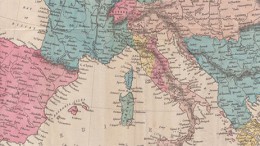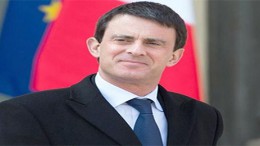Why Barclays is saying adiós
MADRID | By Julia Pastor | Barclays will create a ‘bad bank’ for non strategic assets such as the Spanish retail banking business, which it intends to get rid of. The British entity arrived to Spain only 40 years ago and became the country’s fifth bank as well as the biggest foreign one. It was severily battered by the crisis, but the difficulties to take profit of its Spain’s investments- they purchased the medium size Banco Zaragozano at €1.1 bn in 2003- and also to win market share from the solid national banking industry’s position are other factors to be considered.







